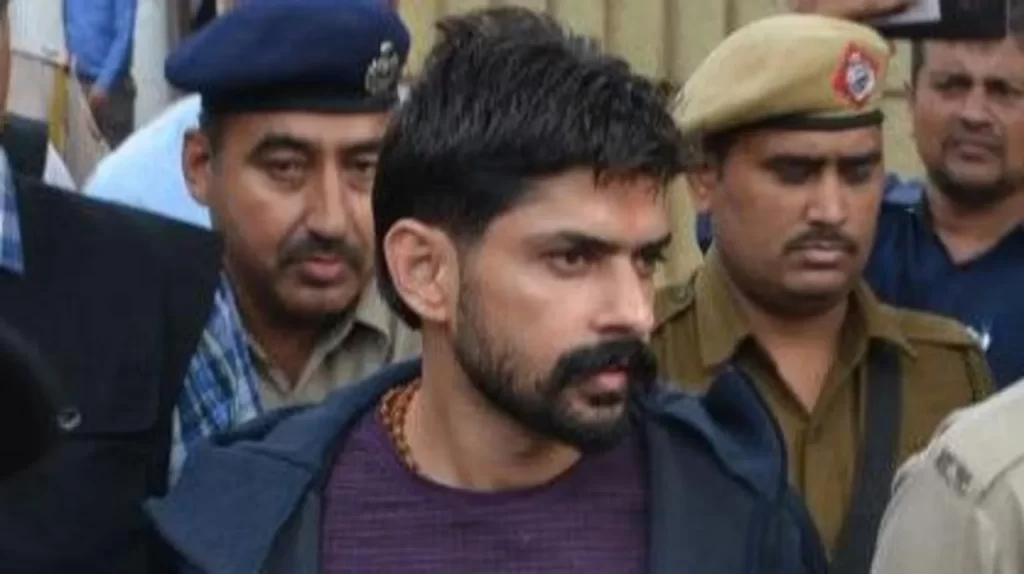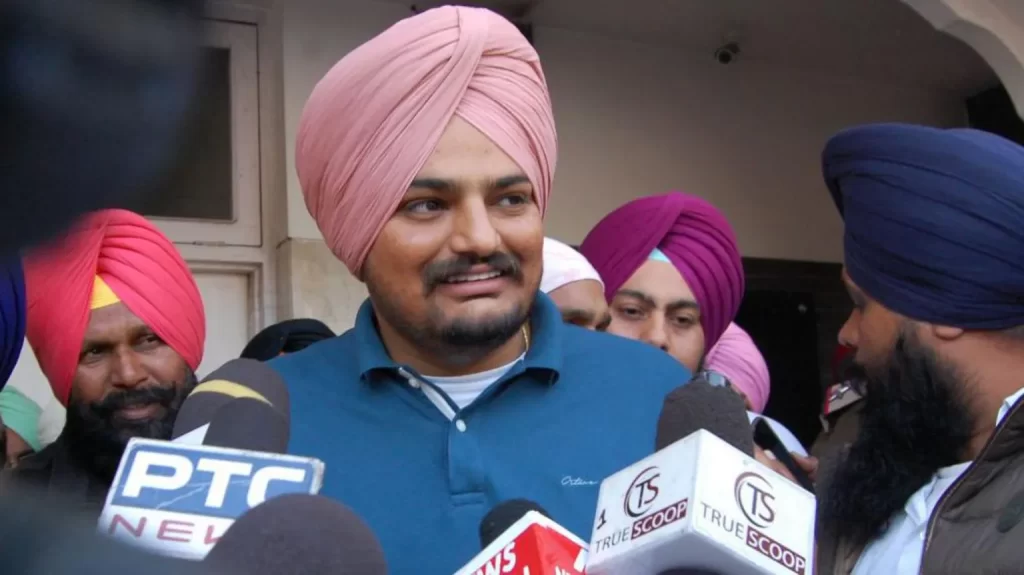Lawrence Bishnoi, a 31-year-old Indian gangster currently incarcerated in Gujarat, has emerged as a central figure in a complex web of criminal activities that span national borders and involve allegations of international intrigue. Despite being behind bars since 2015, Bishnoi’s influence appears undiminished, with recent events thrusting him into the spotlight both domestically and internationally.

Canadian authorities recently made a startling claim, alleging that the Indian government was utilizing “organized crime groups like the Bishnoi group” to target pro-Khalistan leaders in Canada. This accusation comes amid escalating diplomatic tensions between India and Canada following the assassination of a Sikh separatist on Canadian soil last year. The Indian government has vehemently denied these allegations, dismissing them as “preposterous.”
Bishnoi’s notoriety in India has been further amplified by recent events. His gang is allegedly linked to the recent killing of Baba Siddique, a prominent 66-year-old politician in Mumbai. The murder, carried out by gunmen near the victim’s son’s office, has led to the arrest of three suspects. An alleged aide of Bishnoi has claimed responsibility for the crime on social media, underscoring the gangster’s continued reach despite his incarceration.

The extent of Bishnoi’s influence became evident in 2022 when he was named as the prime accused in the high-profile murder of Sidhu Moose Wala, a popular Punjabi singer. This case highlighted Bishnoi’s ability to orchestrate complex criminal operations from within prison walls.
Indian law enforcement estimates that Bishnoi continues to control a vast criminal network comprising approximately 700 members. This gang operates across multiple states, including Punjab, Haryana, Rajasthan, and Delhi, engaging in activities ranging from celebrity extortion to drug and weapons smuggling, and targeted assassinations. Goldy Brar, Bishnoi’s partner and co-accused in the Moose Wala killing, is believed to be running operations from Canada, further complicating the international dimensions of the case.
Bishnoi’s journey from an affluent background to becoming one of India’s most notorious gangsters is marked by a series of strategic moves and a cultivated image. Born into a wealthy family in Punjab, he attended prestigious schools before entering student politics in Chandigarh. His defeat in student elections reportedly served as a catalyst for his entry into the criminal world.

The gangster’s ability to maintain control over his empire while incarcerated has raised serious questions about prison security and potential high-level connections. In March 2022, Bishnoi managed to give phone interviews from inside a Punjab jail, prompting a high court-ordered investigation. His seamless operation of the gang from prison, as noted by senior police officer Gurmeet Chauhan, sets him apart from other regional gangsters.
Punjab, Bishnoi’s home state, has long grappled with the issue of organized crime. The region’s cash-driven economy, fueled by drugs, real estate, and illegal liquor sales, has created an ecosystem where crime intersects with popular culture. This environment has proven fertile ground for gangsters like Bishnoi, who blend notoriety with a twisted pursuit of fame, often amplified through social media.



